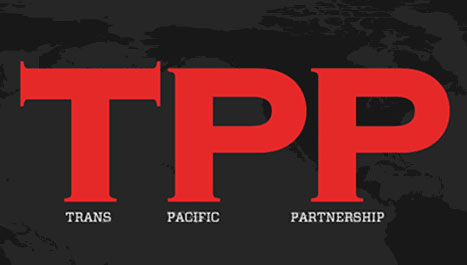By Alex Drobin
Although details of the new Trans-Pacific Partnership agreement are still under wraps, experts say it could dramatically affect our copyright policies.
The deal was finalized October 5th. Part of it includes harmonizing copyright laws across all countries involved.
Alan Shanoff, a law professor at Humber College said it’s very difficult to protect yourself from potential copyright infringements in this day and age.
“It’s the same thing as in defamation law: once you publish something, if it’s accessible in another jurisdiction, there is always the possibility that someone can be sued,” said Shanoff.
“Canadians are going to see their democratically-created laws over-written in favour of laws that benefit giant, U.S. media conglomerates and censor the Internet,” wrote Meghan Sali, a Digital rights specialist on the website OpenMedia.ca
Michael Geist, a law professor specializing in Internet and e-commerce at the University of Ottawa writes that forcing content off the Internet will be easier than ever with this partnership in place.
“Another court could rule on the legality of the content based on its domestic copyright law and the Canadian provider would still be required to remove or disable access,” said Geist on his website.
Current Canadian laws are more lenient towards content such as memes and GIFs. However, the TPP will allow copyright owners to remove that sort of content very quickly.
“Under the treaty, if it comes to be, then I understand that the notice-and-notice requirements would be changed so that the website must act,” said Shanoff.
The partnership will be a major factor in slowing down content creation and modification.
Shanoff said that there are huge risks involved in publishing things that are accessible around the world.
“From my understanding, the treaty protects copyright holders to a much larger degree and is open to some abuse,” said Shanoff.


